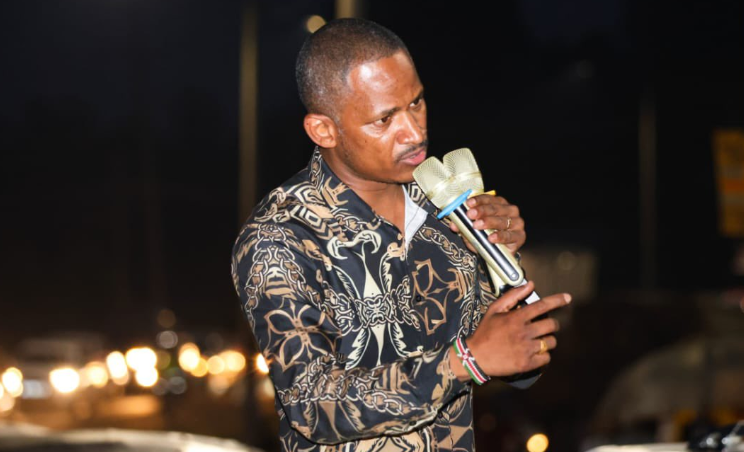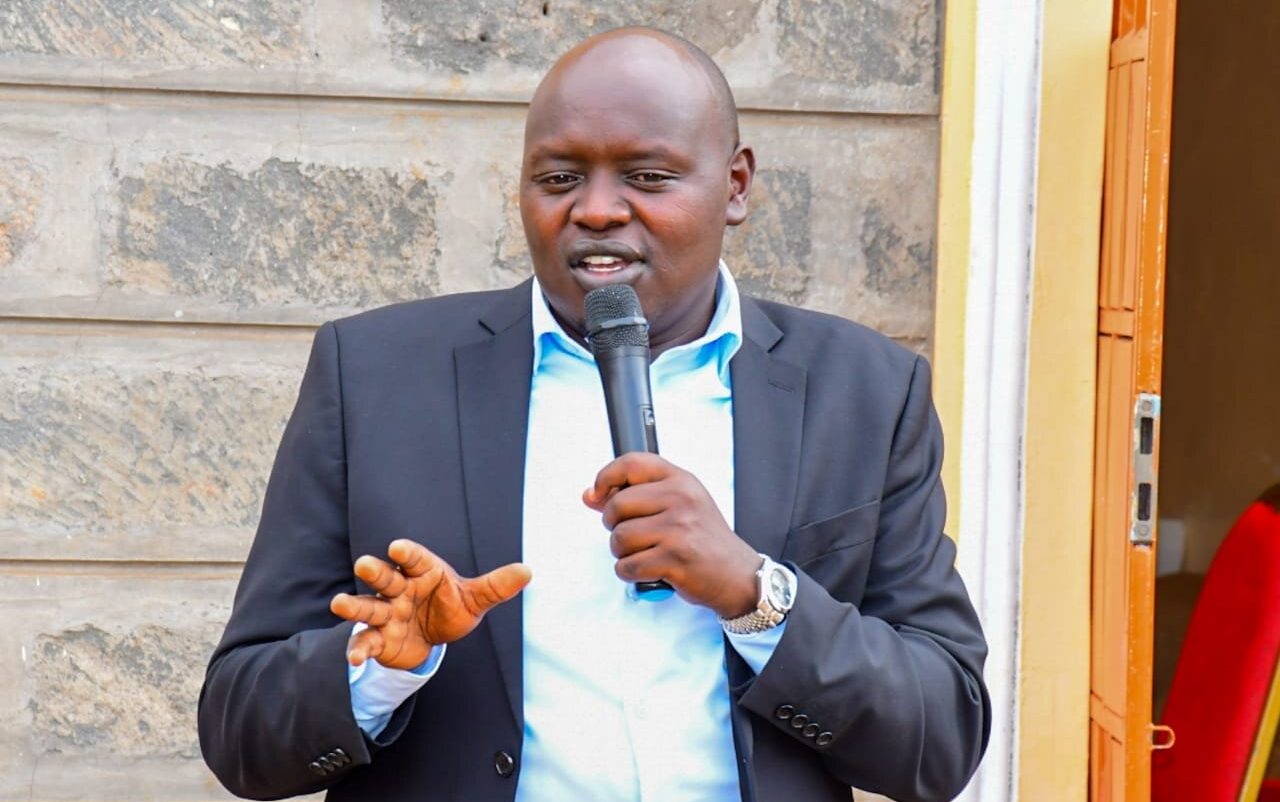Embakasi East Member of Parliament, Babu Owino, has voiced his frustration over the new university funding model, urging students to take to the streets in protest against it.
In a statement on his X account on Thursday, August 22, 2024, the lawmaker criticized the model, stating that it is preventing underprivileged students from access to education.
“Students should demonstrate against the new university funding model that is denying needy students access to education,” Babu stated.
Babu’s remarks came in response to Chief Justice Martha Koome’s criticism of the funding model.
Koome had earlier noted the challenges faced by students who, despite meeting the qualifications for university admission, are unable to afford the fees.
She pointed out that while taxpayer money is being allocated to various government officials for bursaries, many deserving students are left struggling.
“I stopped watching the news because of these depressing items that keep reminding us of how unequal we are as a society. A child who has qualified to go to university can be there crying because they cannot afford to join university,” Koome stated.
“Why won’t you put that money into education and make it free for all?” she said challenging the government.
All about new university funding model
1. Financial support based on need
The new funding model provides financial assistance to students based on their family’s economic status. Students are divided into five income bands:
- Band 1: Families earning up to Ksh5,995 per month
- Band 2: Families earning up to Ksh23,670 per month
- Band 3: Families earning up to Ksh70,000 per month
- Band 4: Families earning up to Ksh120,000 per month
- Band 5: Families earning over Ksh120,000 per month
This structure ensures that students from lower-income families receive more substantial financial support, while those from higher-income backgrounds are expected to contribute more to their education costs.
2. Direct Support for Students
The previous system provided block funding to universities, which was distributed based on the Differentiated Unit Cost (DUC). The new approach shifts focus to direct financial support for students, ensuring that funds are allocated according to individual needs rather than the institutions they attend.
3. Scholarships, Loans, and Family Contributions
Financial support is provided through a combination of government scholarships, student loans, and family contributions, adjusted according to the student’s income band. For example, students in Band 1 can receive up to 95% of their education costs covered, with only 5% needing to be paid by the family. As family income increases, the percentage of costs covered by scholarships and loans decreases, requiring higher-income families to contribute more.
4. Upkeep loans
The new model also includes an upkeep loan to help cover living expenses. The amount varies by income band, with Band 1 students receiving Ksh60,000, and students in higher bands receiving slightly less.
5. Promoting equity in education
The primary goal of this funding model is to promote equity in access to higher education. By tailoring financial aid to students’ economic backgrounds, the government aims to ensure that all students, especially those from vulnerable and low-income families, have the opportunity to pursue higher education.










